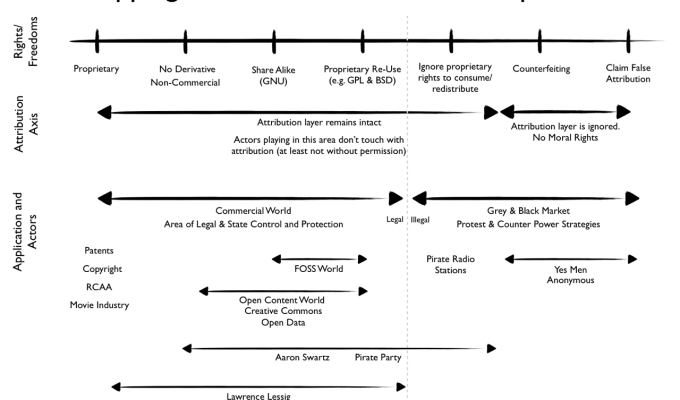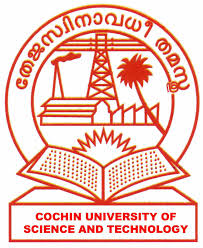SPICY IP TIDBIT: UN Special Rapporteur on impact of intellectual property regimes on the enjoyment of right to science and culture
The Special Rapporteur, in her report to the Human Rights Council, focused on the impact of intellectual property regimes on the enjoyment of right to science and culture, as enshrined in article 15 of the International Covenant on Economic, Social and Cultural Rights. The report examines copyright from a critical but often neglected perspective of human dimension. [Note that the Human Rights Council is an inter-governmental body within the United Nations. It is responsible for the promotion and protection of […]









